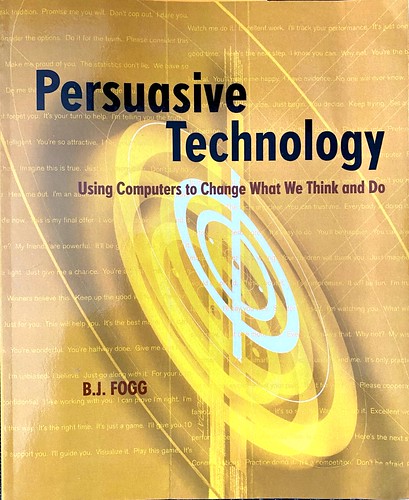Share of search
Les Binet talks about how share of search (organic search queries) volumes is a good indicator of likely interest in a brand. Somewhere between salience and brand consideration. As an idea it isn’t necessarily new, but Binet has put validated it through research. Its a new spin on the idea of people telling what they’d like to be true on social and what’s actually true on search. You can watch Les tell you more over at Vimeo. Given the popularity of Binet and Fields The Long and the Short of it, I expect to hear share of search cited much more in client – agency discussions.
Pepsi & Notorious B.I.G.
Notorious B.I.G. has had one of his in-studio freestyles (think the equivalent of a doodle) that was never released, converted into a Pepsi ad. He probably didn’t release it for a reason, it didn’t really go anywhere apart from him flexing is quick thinking. It didn’t add to his image. But that didn’t stop Pepsi from swooping in. I like it, it has brand salience.
Hip hop seems to be a bit of blind spot for progressive voices at the moment. Wallace was a self-proclaimed former drug pusher, was arrested for selling crack cocaine and weapons charges. Apparently is was Sean Combs who eventually stopped him selling drugs. Whilst Wallace had collaborated with Pepsi-sponsored Michael Jackson; he’d also wrote about violence towards women on his album Ready to Die.
I get that it would be cool for gen-X marketers; who also listen to the Wu-Tang Clan, De La Soul, Common, Mos Def, Gangstarr and the Beastie Boys.
But what happens if the tide suddenly changes as it has with other artists? Pepsi could be left high-and-dry. My attitude might be seen as overly cautious; but I am sure that Kendall Jenner ad seemed like an ‘now’ version of Coca-Cola’s ‘hilltop’ advert to the clients at the time.
DataPlay
Even though I am interested in gadgets and technology, I had never come across DataPlay. Mat Taylor goes through the history of the DataPlay format. The format looks like something straight from the pages of Akira or Ghost in the Shell.
I had a number of takeaways from the video:
- DataPlay lacked what Robert Cringely called the ’10x’ factor in his book Accidental Empires.
- DataPlay ignored the progress promised by Moore’s Law, which at the time was still going strong through the early mainstream web era
- DataPlay ignored the lesson that Sony learned the hard way with the Betamax format. If you don’t have content for your format; it will fail. Other Sony formats like MemoryStick, SACD, DAT to name but a few have shown that formats can fail even if you have content. But not having content leaves you with little chance for success.
- Finally, DataPlay was relying purely on third parties to make the format successful. It had relatively little skin in the game.
More here.
